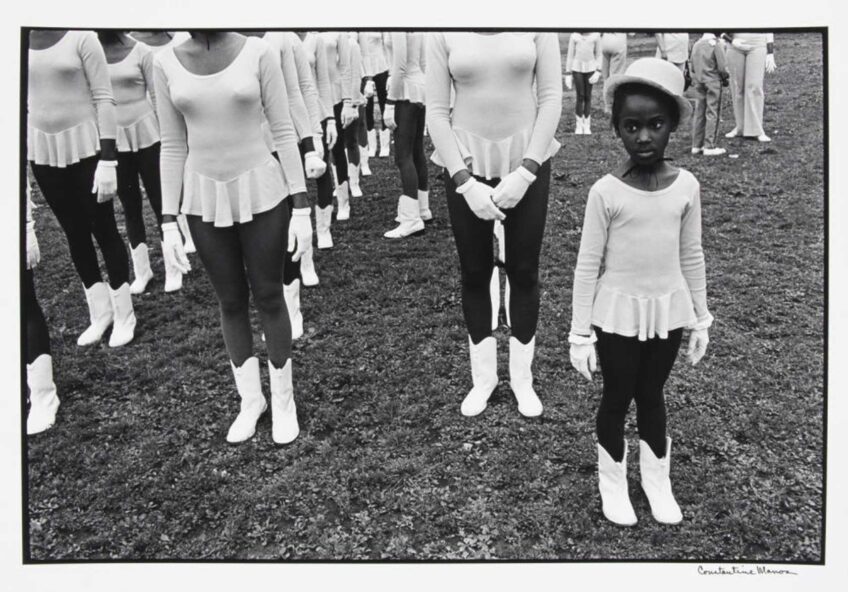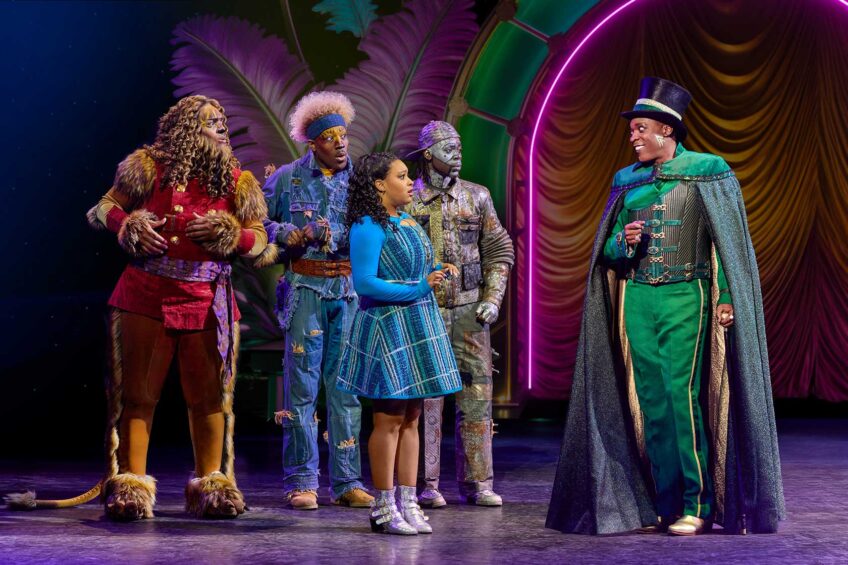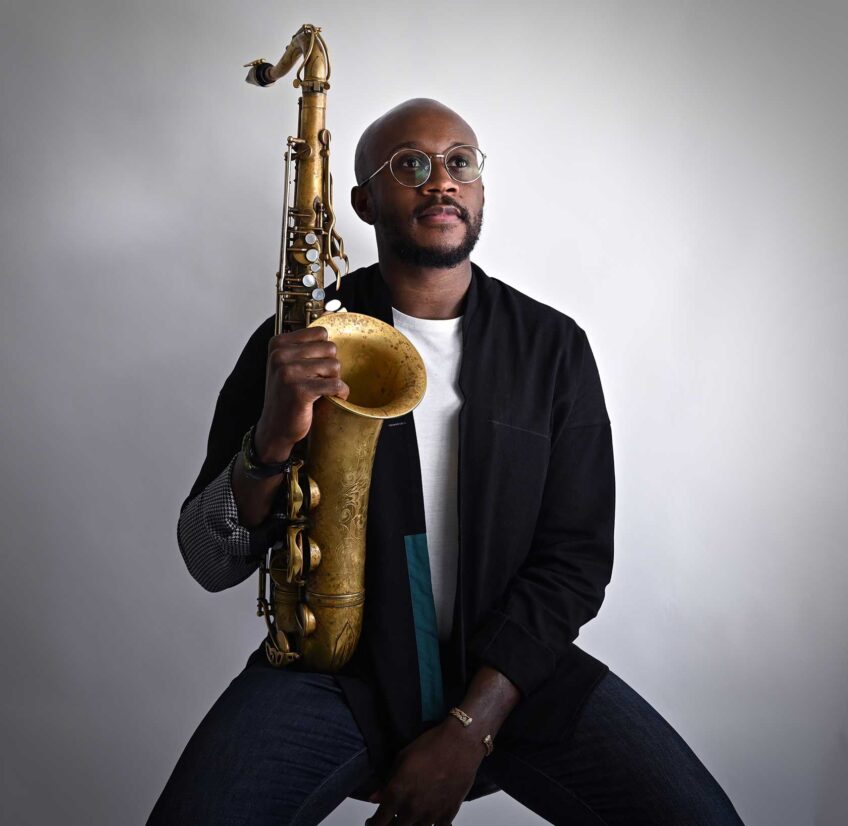A Moor in the military
In Cambridge, a contemporary twist on ‘Othello’

The Bard returns to the American Repertory Theater with The Oregon Shakespeare Festival’s “Othello” playing January 13 through February 9. Director Bill Rauch has reimagined the story, utilizing Shakespeare’s original text but setting the play in a contemporary military camp with more modernized character backstories.
In the play, Othello, a black immigrant and converted Christian, is an outcast in Venetian society. Despite Othello achieving military prowess, the father of his beloved Desdemona, a white woman, doesn’t accept him. Out of jealousy of his success and position, Iago, a military officer serving under Othello, manipulates him into his downfall.
Race has always been a crucial plot point of “Othello,” but the character’s skin color isn’t the only thing stacked against him. “Not only is Othello a person of color, he’s a foreigner,” says Chris Butler, who plays the title character. “The backstory that we develop for this Othello is that he’s a Sudanese refugee.” This creates a specific correlation to current times, in which migration and refugees are in constant political debate. With the themes of racism, sexism and xenophobia prominent in the script, “Othello” remains one of Shakespeare’s most continually relevant plays.
Butler says that he relates to the role through his own experiences. “There’s a struggle to be accepted and a sense of living in two worlds. Which is something I’m familiar with as a person of color.” In the play, Othello achieves the highest honors possible, acts as a model citizen and yet is still not accepted. Double the effort for half the success.
But the racism in the story isn’t the only component that struck Butler in this production. “What resonated with me this time around was the sexism. The natural mistrust of women really stuck out to me.” While racism has always been the cornerstone of “Othello,” Butler says, in the age of the #MeToo movement, the unfair treatment of Desdemona becomes all the more glaring. Othello is made to believe that Desdemona has been unfaithful to him. Instead of believing her protests, he allows himself to be manipulated into causing both their demises. Were women trusted then, or now, the play might have ended differently.
Butler hopes that the contemporary take on the show will allow people to see how these themes manifest in the modern world. “It’s a hard show to watch. It’s unforgiving,” he says. “Hopefully it brings people to a point of reflection and they can identify the Iagos in their own lives and stand up to that negative energy.”







